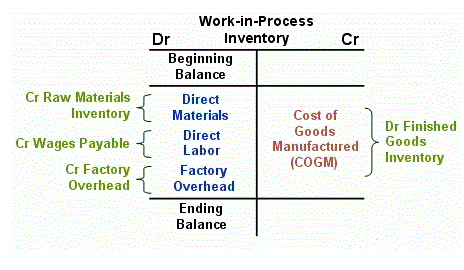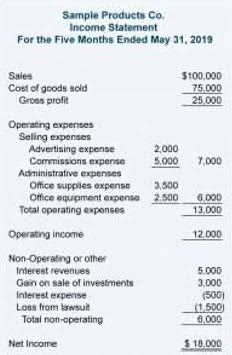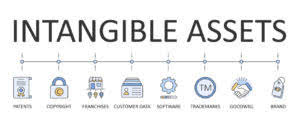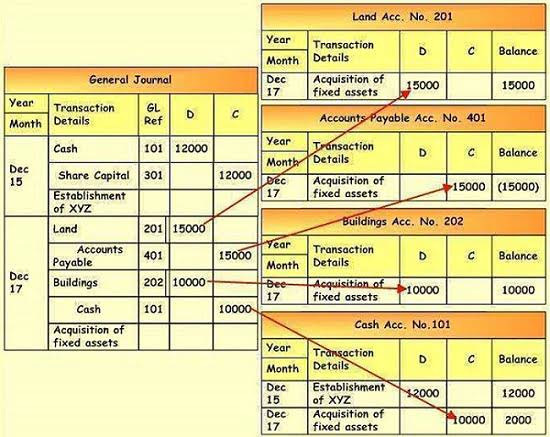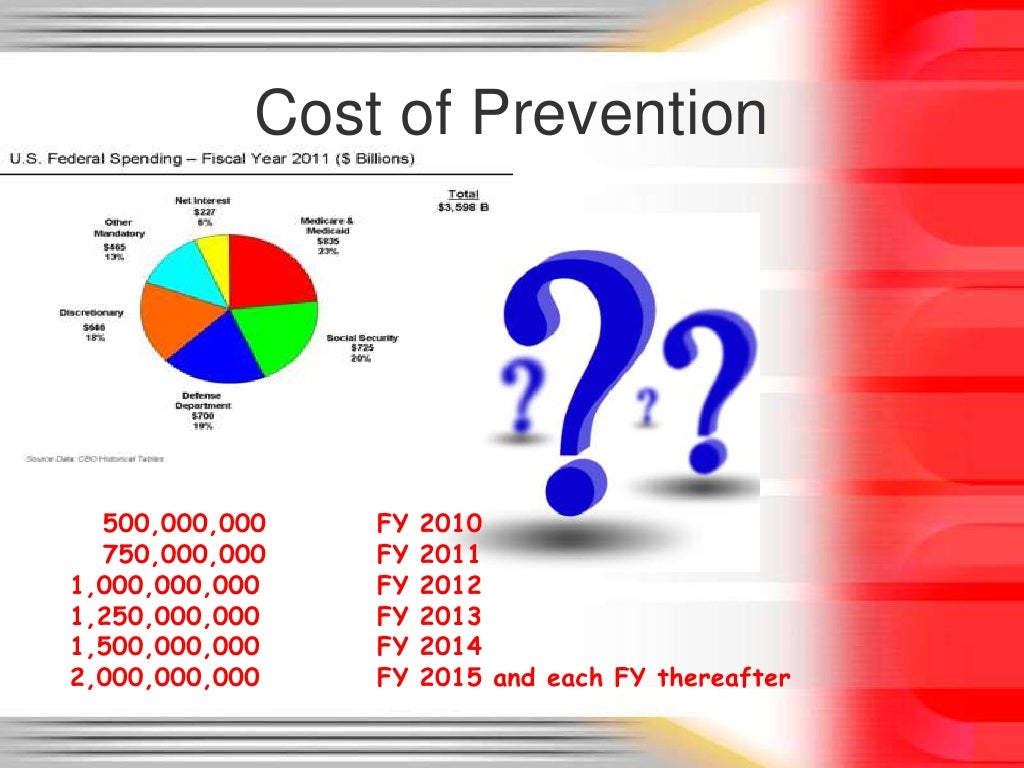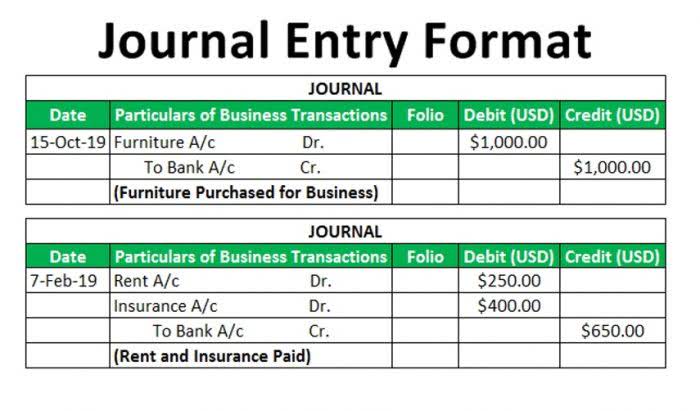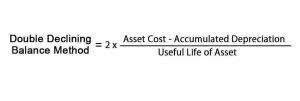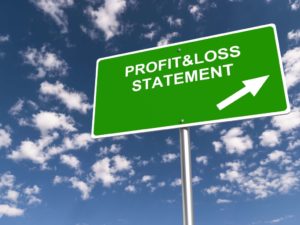
Avoid vendors who make exaggerated claims or bash their competitors. Remember, software should enhance your store’s operations without locking you into hefty contracts or unnecessary fees. Choosing a poor location goes back to failure reason #1 and understanding business fundamentals. Consider not only rent and overhead but also the demographics, work habits, and even the physical traffic patterns of potential shoppers in your neighborhood.
Why The Resale Market Is Showing Signs Of Profitability
- Many new consignment shop owners are thrilled about fulfilling their lifelong dream of starting a consignment business, but many need more business management skills.
- Many people use a traditional word processor like Microsoft Word or Google Docs.
- The term “consignment stores” used to refer to neighborhood businesses who bought and sold local goods.
- Once Upon A Child is an example of a secondhand shop that sells both children’s clothing and toys.
Your research and judgment are crucial to avoid leaving potential profit on the table. Reference online marketplaces, and your competitors for prices to stay informed on market trends. Authenticity verification varies from shop to shop, but reputable consignment stores employ trained staff who are knowledgeable about brands, materials, and authentication techniques. Items can include anything from clothing, accessories, furniture, artwork, and more. The consignment shop then evaluates the items’ condition, quality, and marketability.
Designer & Luxury Goods
A Main Street location is ideal, but only if your customers can park near your store easily. Likewise, you’ll want a location why do consignment shops fail that allows for a big storefront sign. Some locations have strict rules about the sizes and types of signage they allow.
Online Shopping Tips for Consignment Software
Setting up a board of directors can be helpful if you’re a new consignment store owner. A board of directors is a group of experienced professionals who can help you create a business plan and guide you as your resale shop grows. Having a solid business plan alongside a group of experts in your corner can avoid costly mistakes and scale your business more quickly and efficiently. Understanding the resale industry to run a successful consignment store is not enough. As Bob Phibbs, “The Retail Doctor,” highlights, owners must concentrate on the fundamentals – profit and loss, break-even analyses, and cash flow. A consignment shop is a store that sells secondhand items, typically clothing and accessories.
Plan & Launch Your Grand Opening
This allows you to create a business that puts your inventory in front of the people most likely to buy. While the exact condition of the items may vary from shop to shop and from item to item, you can generally expect to find items in good condition, without major flaws or defects. And she’s trying to create sustainability in the fashion industry,” Wainwright says. That put the noses out of joint for some of the luxury brands organizing the group. Getting luxury goods for cheap is just one of the reasons why preloved fashion is the hottest craze right now.

In other cases, consignment shops may have protocols in place that require them to return unsold items to the original owner. This is when owners can explore alternative avenues — like online reselling. Consignment shops are basically partnerships between the shop owner (consignee) and individuals (consignors) who provide items for sale.
Olive My Stuff, a consignment shop in Connecticut, has a professional website with information on shopping and consigning. In order for customers to find your business, you’ll want to have a website. Creating your own website from scratch can be easy with the right tools.
Sellers also have a stronger preference for the peer-to-peer model, but nearly one-third have no preference, suggesting brands have plenty of space to explore new ways of luring sellers into the resale market. Ideally, your board of directors should include people with experience in finance, marketing, and retail management. They can provide valuable advice on everything from business structure to inventory management to pricing strategies. Don’t hesitate to contact people in your network who have opened a business and can help you build your board. It could be one of your best decisions as a new consignment store business owner.
Consignment stores purchase gently used goods and resell them at a markup to make a profit. Plus, Chase offers competitive rates and great customer service. Contact Chase to learn more about its small business retail solutions. The hardest part of setting a budget for a business that is not yet open is predicting your monthly sales volume. This is especially hard for apparel and retail businesses as sales can fluctuate drastically, depending on the season, holiday, weather, economy, and consumer confidence.
The consignment shop handles the marketing and selling of the products. A consignment store is a business model where resellers, known as consignors, can list their new or used products for sale at the store. Sellers are responsible for listing products and managing shipments, but sometimes they don’t feel appropriately compensated for their efforts. They get into the resale game primarily to earn money, but when fees vary from 12% to 97% of the sale price, it can be hard to recoup value. Still, about half of sellers are open to paying for a service that offloads the work of selling.
Our buyers are trained to triple check everything to make sure we only purchase the highest quality goods for our customers. It’s possible you could be offered cash upfront, which may amount to no more than pennies on the dollar, or perhaps store credit. You could also opt for a share of the profits when the item sells, although Man vs. Debt warns that your item’s sale price may be discounted after a certain time elapses (30, 60, or 90 days). You may even be asked to pick up the item at this time if it is deemed no longer salable after spending so long on the rack. The advantages to the consignee are complementary to those of the consignor. The consignee does not have to worry about the costs or hassle of product development or manufacturing.

